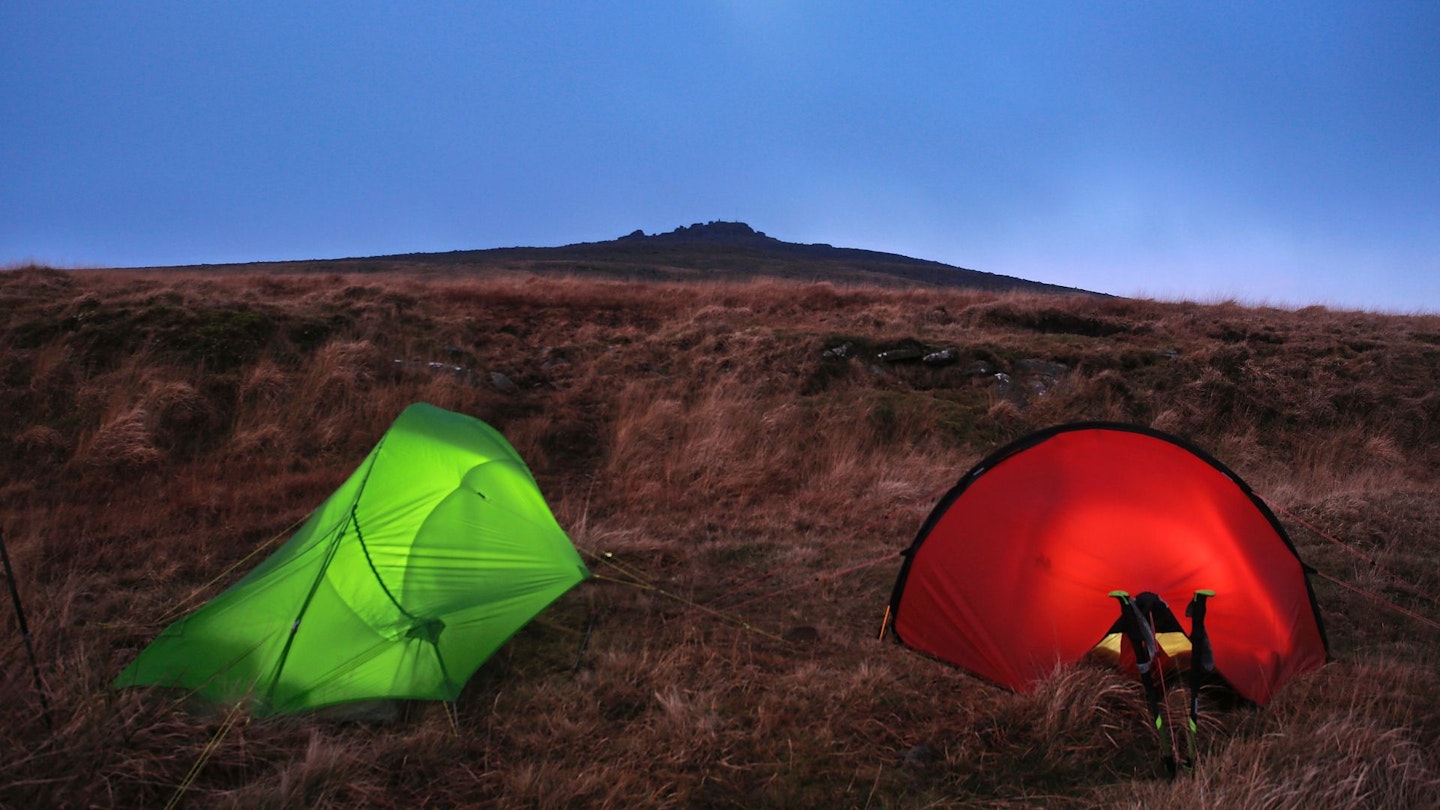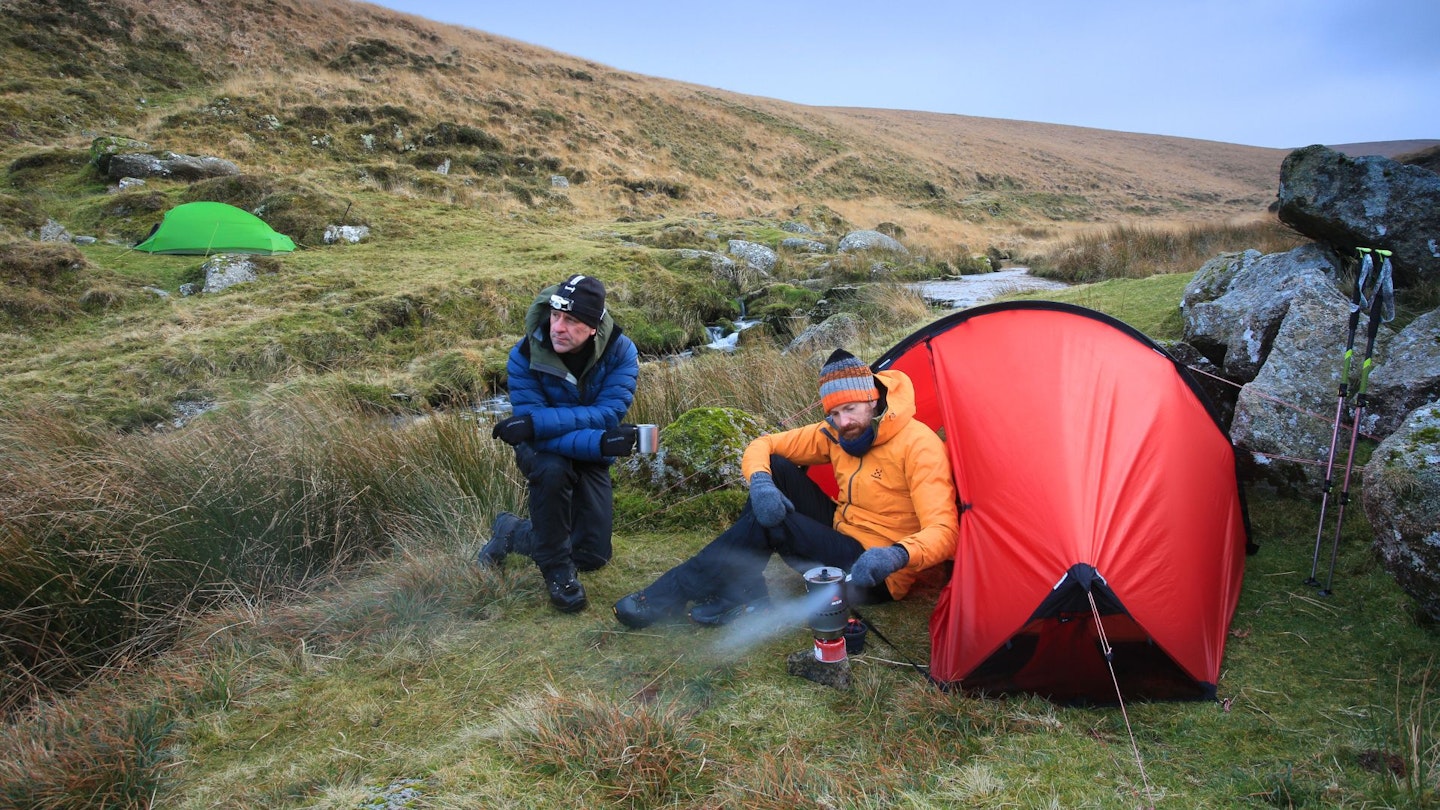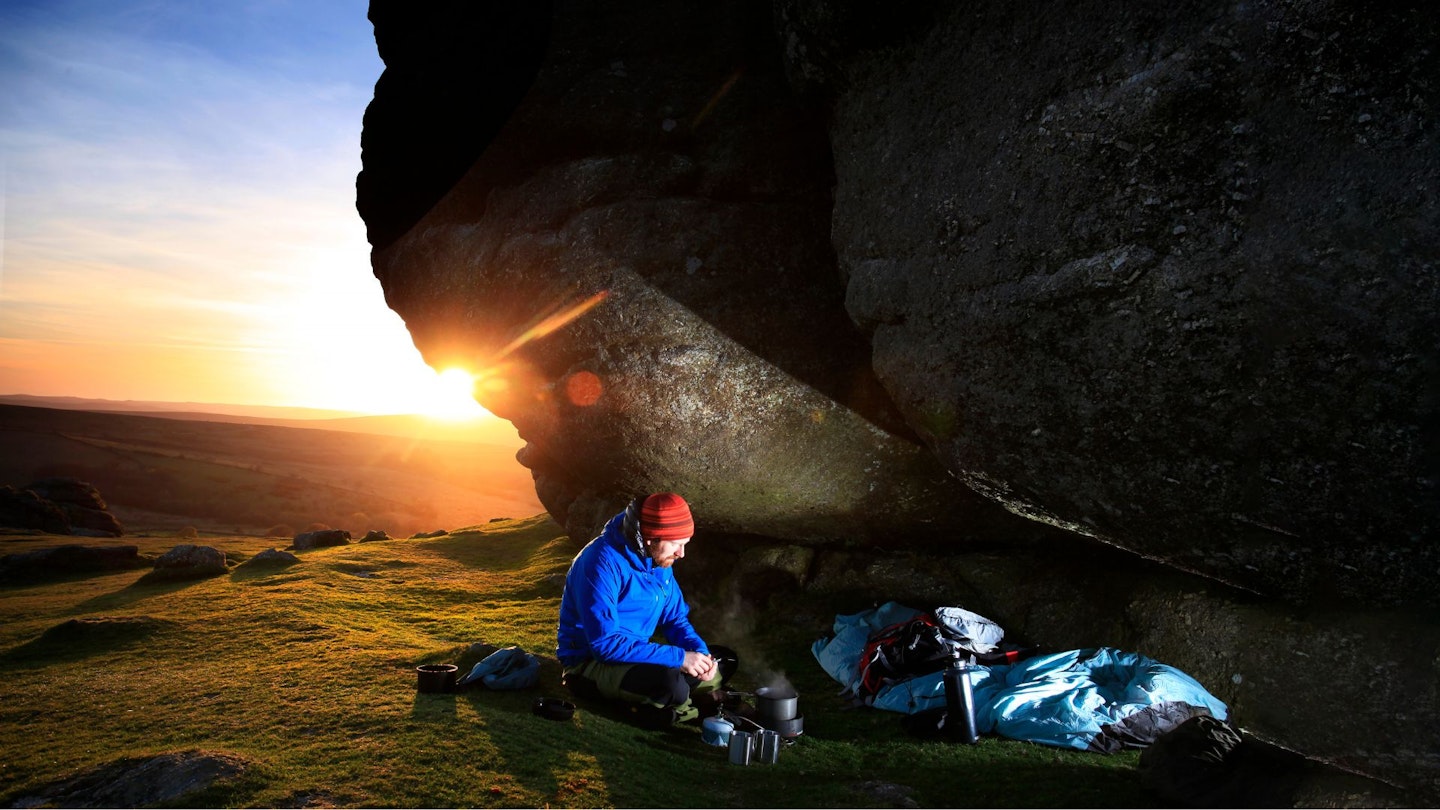Earlier in 2023, wild camping – this humble, fringe pastime enjoyed by a small portion of the British public – vaulted into the news outlets’ main headlines.
One of Dartmoor’s largest landowners, Alexander Darwall, won a court case on January 13, which banned wild camping on his land, on the grounds that it was never permitted under the Dartmoor Commons Act 1985.

The ruling sparked a large protest on Stall Moor – part of Darwall’s land – days later. It took very little time following the ruling for the Dartmoor National Park Authority (DNPA) to vote unanimously in favour of launching an appeal.
And, in the final week of July 2023, the appeal was successful. The Dartmoor Commons Act 1985 permits 'open-air recreation', whether or not wild camping is classed as 'open-air recreation' was pivotal to the whole drama.
Darwall’s initially successful case deemed it wasn’t. But lawyers for the DNPA and Open Spaces Society argued it was. The Court of Appeal panel ruled that in its opinion, whether "a tent was closed rather than open could not convert the wild camping from being an open-air recreation to not being one".
Naturally, the successful appeal has been welcomed by many and has disappointed the Darwall family. On their estate, the Darwall family offers activities like pheasant shoots and deerstalking. Following the appeal, the Darwall family said it was disappointed by the decision because they are trying to protect and conserve the ‘fragile environment on Dartmoor’.
The full backstory
In 2011, Alexander and Diana Darwall bought the 4050-acre Blachford Estates, making them the sixth largest landowners in the National Park. On the estate they offer pheasant shooting, deer stalking and holiday rentals.
The case to ban wild camping was brought in October 2022, with Darwall writing in a witness statement that campers had lit potentially dangerous fires; left litter, including camping gear and human waste; and that there had been parties and fish poaching on the land. These were common complaints around the period of the Covid-19 lockdowns.
In response, the DNPA stated that rangers had already taken action against the flourishing of ‘fly camping’, particularly at that time, and that it found no evidence that responsible wild camping had any lasting impact on the environment.

The DNPA also pointed to a tradition which has existed for decades and which has been an assumed right since 1985, with the passing of the Dartmoor Commons Act. This made it the only place in England and Wales where the freedom and flexibility to wild camp at will was legal.
On January 13th, Darwall won a court case arguing that the right to wild camp on the moors had never existed. ‘Outdoor recreation’, it was argued, includes walking, horse-riding or having a picnic, but it didn’t include wild camping.
The new law was applicable immediately. Not only was there no right to wild camp on the moors, it said, but there never had been.
The response was immediate. A 3500-strong protest march onto Stall Moor, part of the Blachford Estate, was organised the next week.
Various landowners, in what looked very much like a move of appeasement, entered into talks with the Dartmoor National Park Authority (DNPA) to draw up an arrangement for permissive wild camping on parts of the Park. In Westminster, Labour promised to pass an expanded Right to Roam Act, reversing the decision and protecting it in law. Wild camping went from a niche, fairly fringe interest, to a topic of national news.
The DNPA and Open Spaces Society launched an appeal, which was successful and overturned Darwall’s case in late July 2023. But this whole episode is symptomatic of a wider issue regarding access rights. It's more prominent in national conversation than it has been in decades.
Maybe the Dartmoor case will spark greater land rights for people across the UK. But for now, we should all ensure we keep wild camping to where it's allowed, tend to the places we visit, and leave them unchanged or in a better state than when we arrived.
